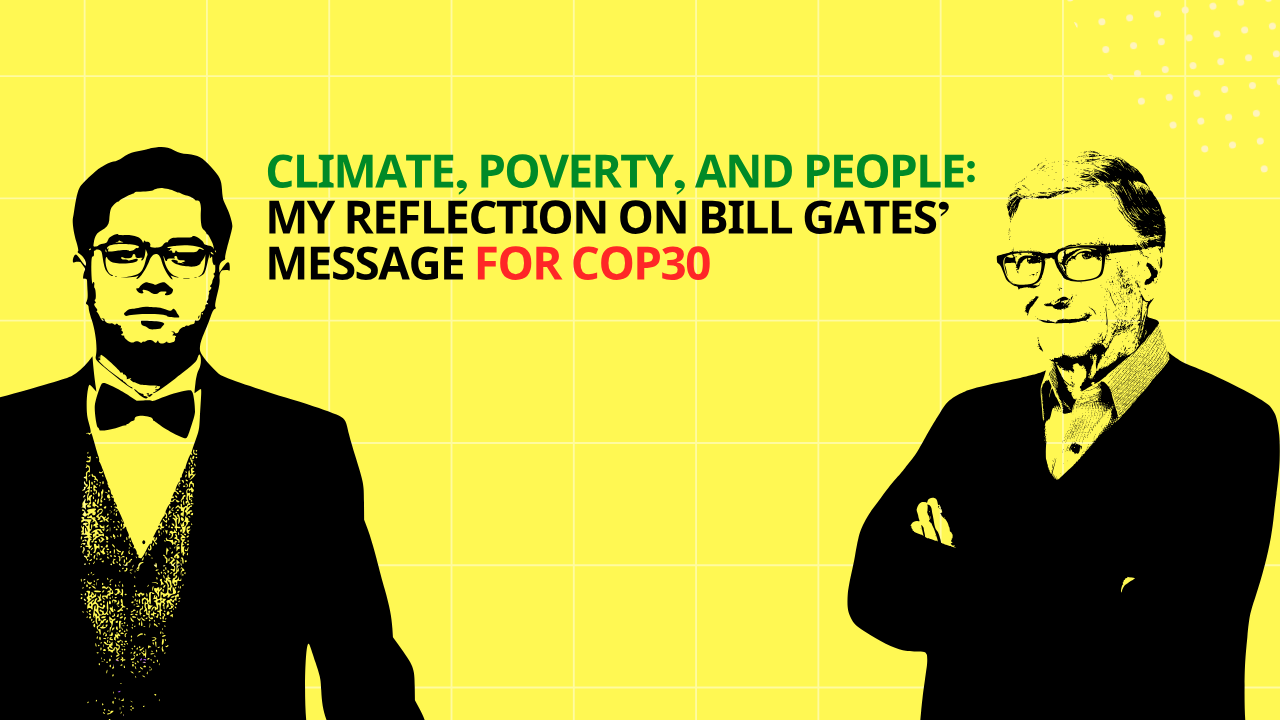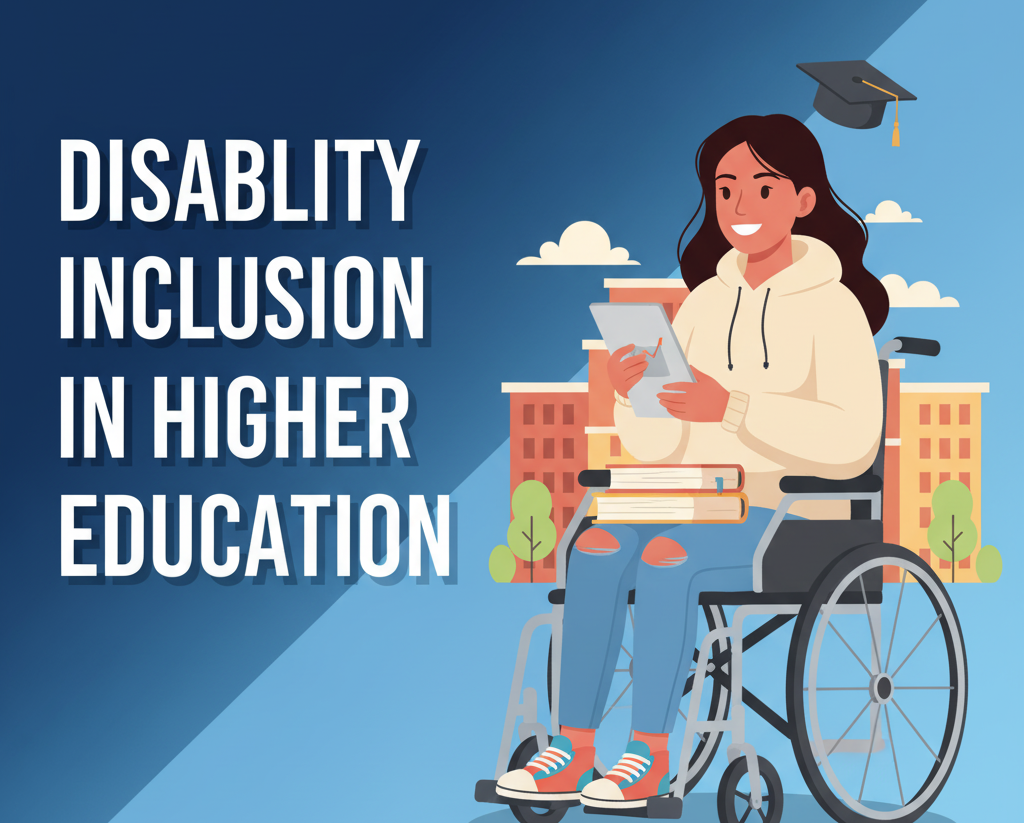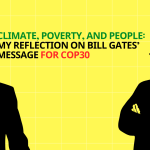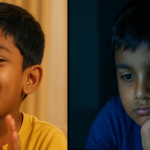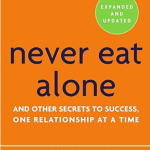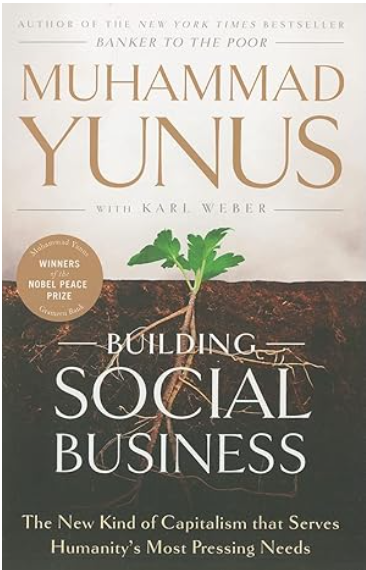
Building Social Business by Yunus | A book summary for youth

Quote 1:
“A charity dollar has only one life; a social business dollar can be invested over and over again.”
This captures the whole idea of the book—charity can help once, but social business keeps helping again and again.
Quote 2:
“The poor are like bonsai trees—seeds with the potential to grow tall, but planted in small pots.”
Yunus reminds us that people’s potential is huge, but their environment often limits them. Change the environment, and people can grow.
Quote 3:
“We can change the world if we redefine business so that it is not only about making money.”
This is the heart of the message: profit is not the only measure of success.
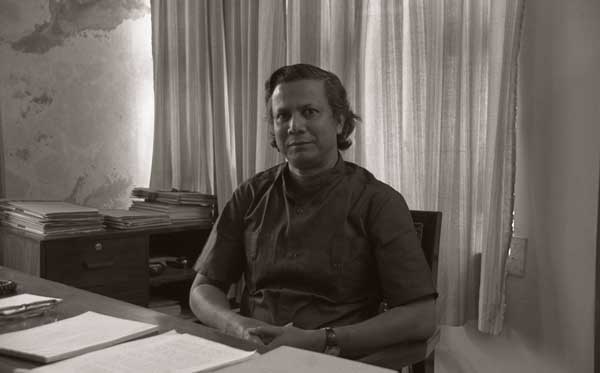
Picture Copyright: Shahidul Alam/Drik Picture Library Ltd.
When Muhammad Yunus, a young economics professor in Chittagong during the 1970s, first stepped into nearby villages, he didn’t expect a handful of poor women to change the way he saw business forever. These women needed tiny loans – sometimes less than the price of a simple lunch -to buy bamboo, weave baskets, and sell them. Banks wouldn’t touch them, saying they were too poor to trust. Yunus lent them the money from his own pocket. Every single one paid him back. That small act planted the seed of what became Grameen Bank, and later, a bigger idea – social business.
He starts by describing the limitations of the two models we usually know: traditional business, which exists to maximize profit, and charity, which gives without expecting a financial return. Social business is the middle ground. It runs like a normal business – selling products, covering costs – but instead of putting profits into investors’ pockets, it reinvests them to solve social problems. The goal is impact, not personal wealth.
Throughout the book, Yunus shares real-world examples. One of the most famous is his partnership with the French food company Danone to create affordable, nutritious yogurt for malnourished Bangladeshi children. The yogurt is enriched with vitamins and minerals, sold at a price villagers can afford, and the money from sales goes back into making more yogurt – not into shareholders’ accounts. There’s also the story of working with Veolia to bring safe drinking water to rural areas, tackling arsenic contamination that affects millions. Each case shows the same principle: business tools can be used to fix problems, not just make money.
He also describes smaller, homegrown solutions that start with a clear understanding of local needs. For example, he points out that solutions imported from other countries often fail here because they ignore cultural habits, resource limitations, or the specific nature of our problems. A Bangladeshi solution for Bangladeshi problems is far more likely to work.
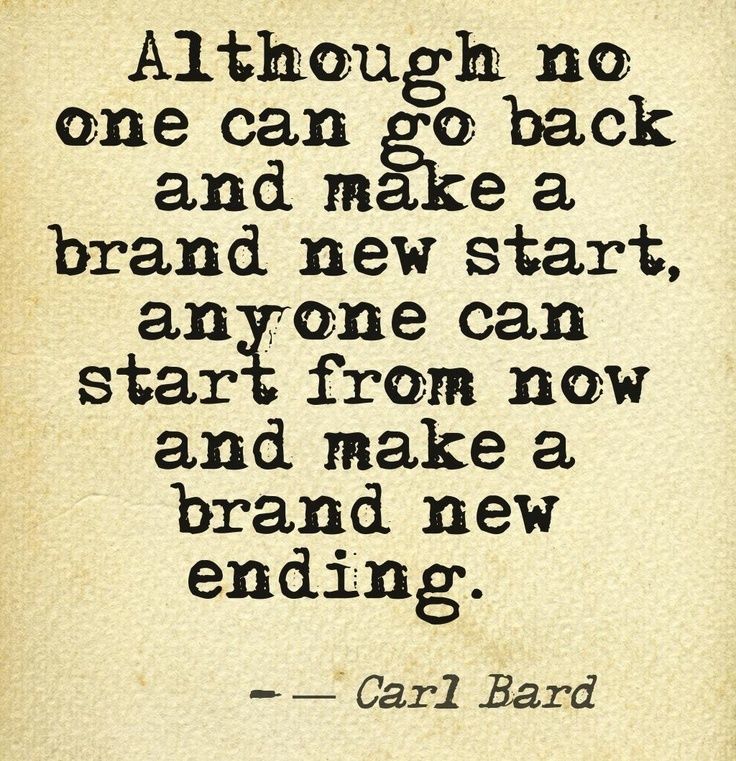
One of the strongest threads in the book is the belief that anyone can start a social business. Yunus challenges the idea that you need large amounts of capital or years of experience. He started with $27 USD in loans; many others have begun with even less. The real requirement, he says, is a deep desire to solve a problem and the creativity to do it sustainably. That’s a message that resonates strongly with the youth of Bangladesh, where almost one in three young people struggles to find decent work. Instead of waiting for the perfect job, Yunus invites them to create something that helps others while building their own livelihoods.
Yunus doesn’t pretend that social business is the magic answer to every problem. He acknowledges challenges: securing initial funding, convincing others of the model’s viability, and resisting the temptation to shift toward profit-first thinking. But he insists these are challenges worth tackling because the rewards – a cleaner environment, healthier children, dignified employment – are worth more than personal gain.
By the end of the book, you feel that social business isn’t just a theory; it’s a blueprint waiting for action. For the youth of Bangladesh, it offers a third path between chasing high-paying jobs and giving away unpaid labor. It’s a way to turn frustration into action, ideas into reality. Yunus’s message is simple: find one problem around you, however small, and start building a solution that can stand on its own feet.

What Youth Can Take Away from This
We are a young country, with almost 4 crore youth, and nearly one-third of us face difficulties finding meaningful work. Yunus offers a third option beyond the usual two – doing a job for a salary or doing unpaid charity. Social business lets you earn a living while solving problems that matter.
One key takeaway is you don’t have to wait for the perfect opportunity. If you notice children in your area dropping out of school, you could start a low-cost tutoring program and charge just enough to cover expenses. If your community struggles with waste, you could set up a small recycling service and reinvest earnings into expanding it. The point is to start where you are, with what you have.
Another takeaway is you can scale impact without losing purpose. Many young entrepreneurs fear that focusing on money will make them “forget” their mission. But the social business model builds purpose into the structure – it’s not an add-on, it’s the foundation.
Lastly, the book reminds us that our local knowledge is our strength. Youth who grew up in rural areas understand water shortages, farming issues, or local unemployment far better than outsiders. This lived experience can guide real, lasting solutions.
Building Social Business is not a theory for economists – it’s a tool for ordinary people who want to fix something in their community. Yunus’s stories make it clear: you don’t need to be rich or famous to start. You just need to care deeply about a problem and commit to solving it in a way that can stand on its own feet.
Thank for giving me your time while reading this. Getting anyone’s time is the most precious thing for me. To read my other blogs like Phobia to Nervous moment? Is it normal? and The Shondha River Stole My Childhood: Why I’m Fighting Climate Anxiety, you can click here.

